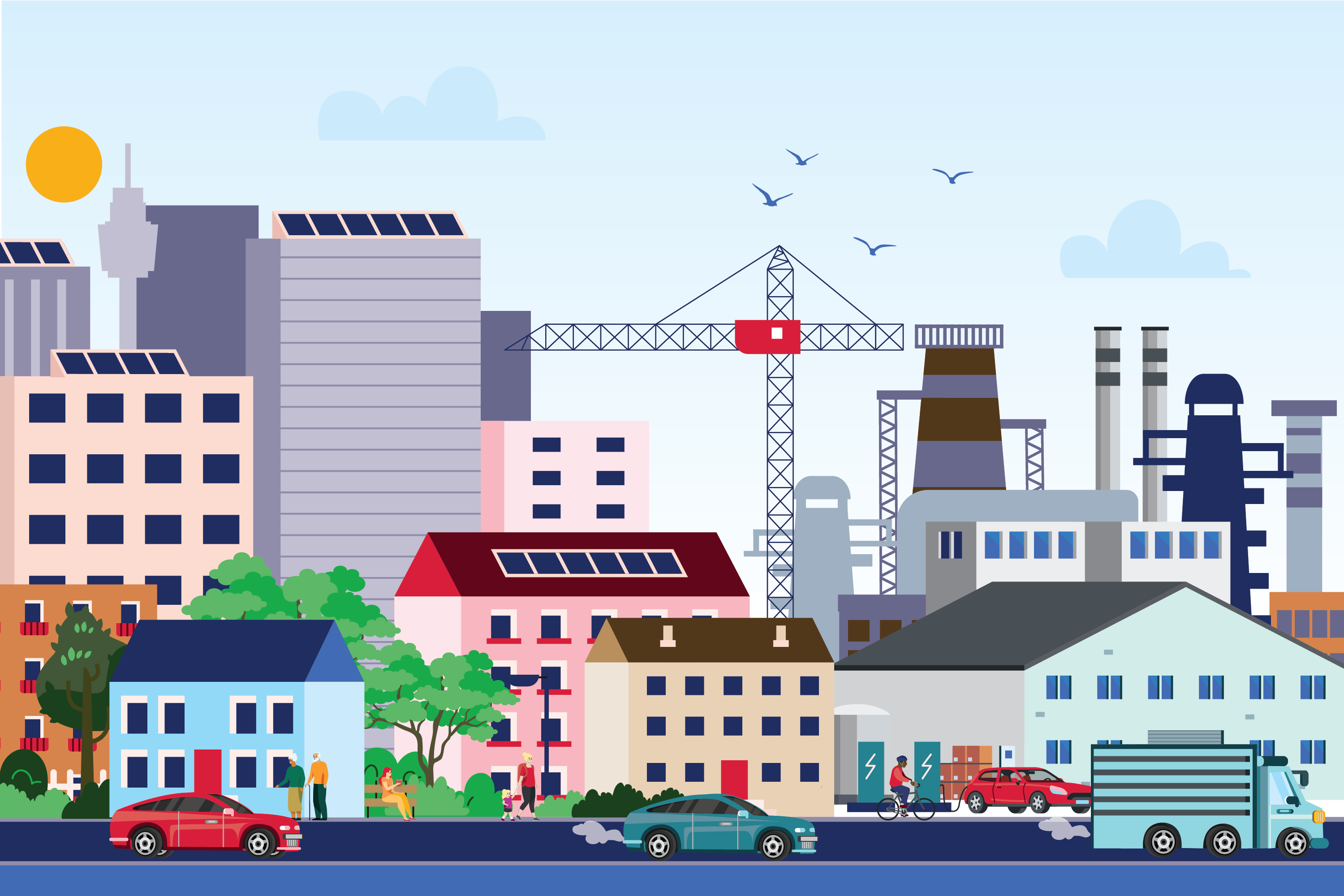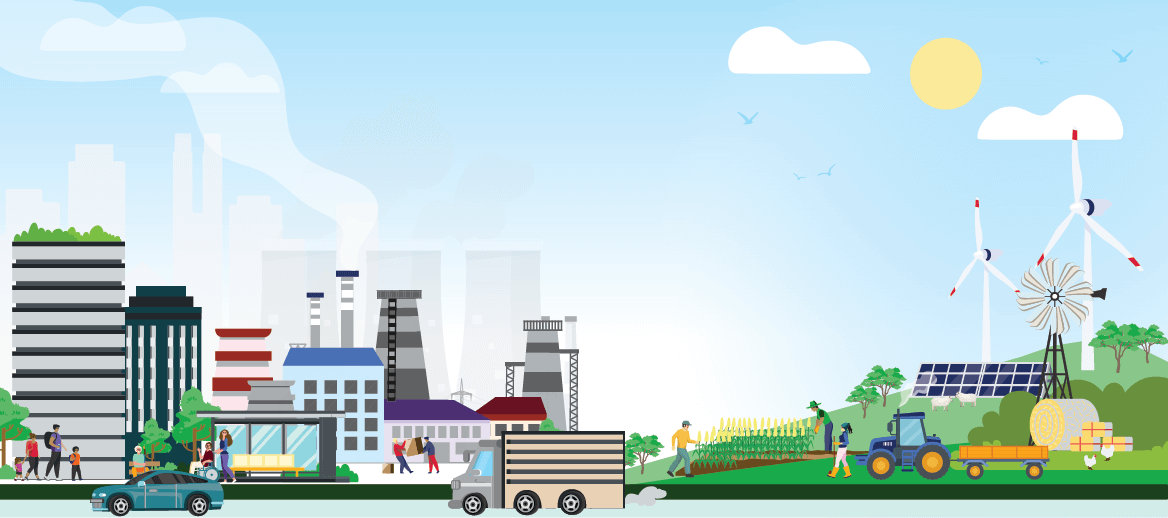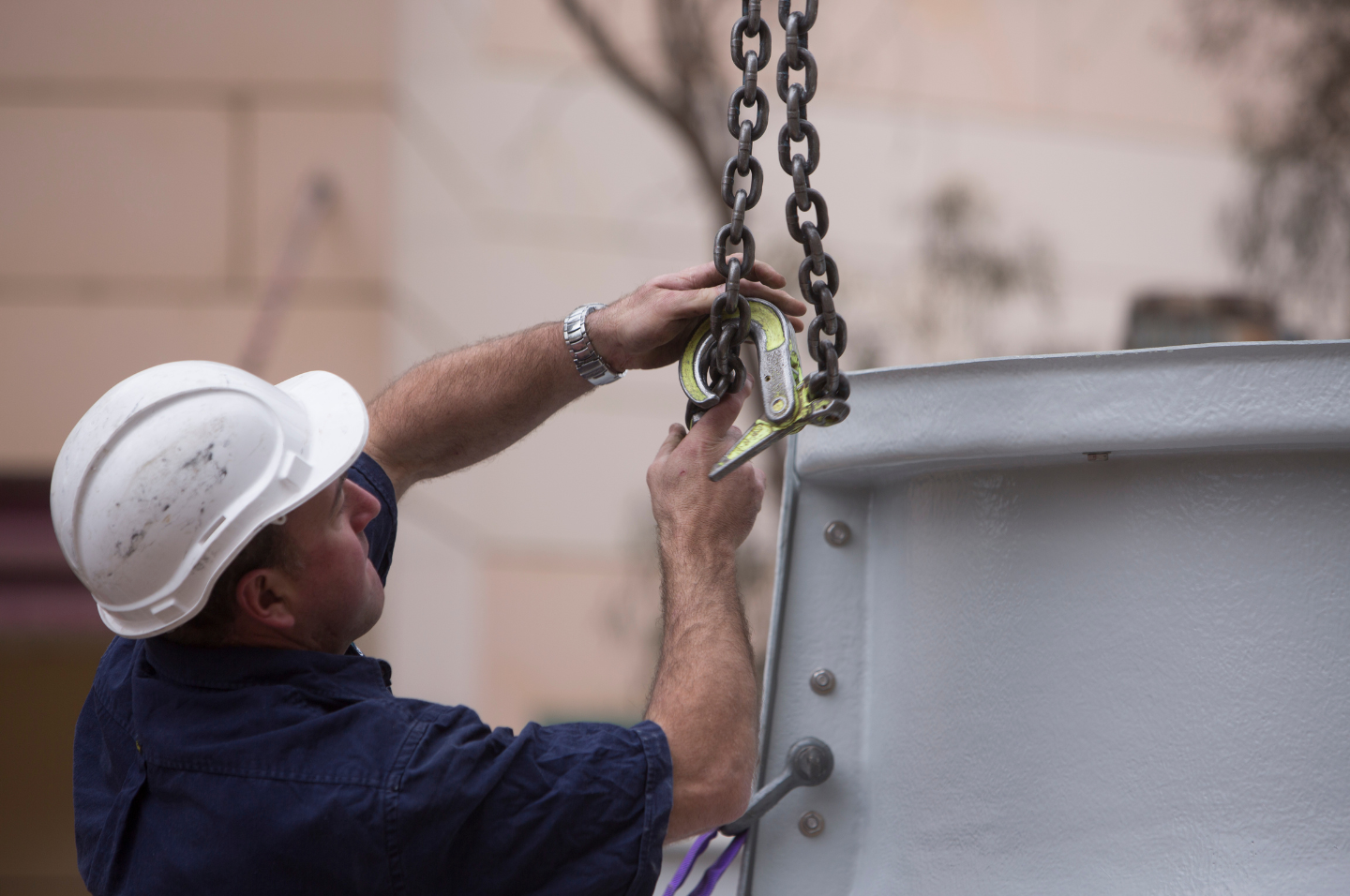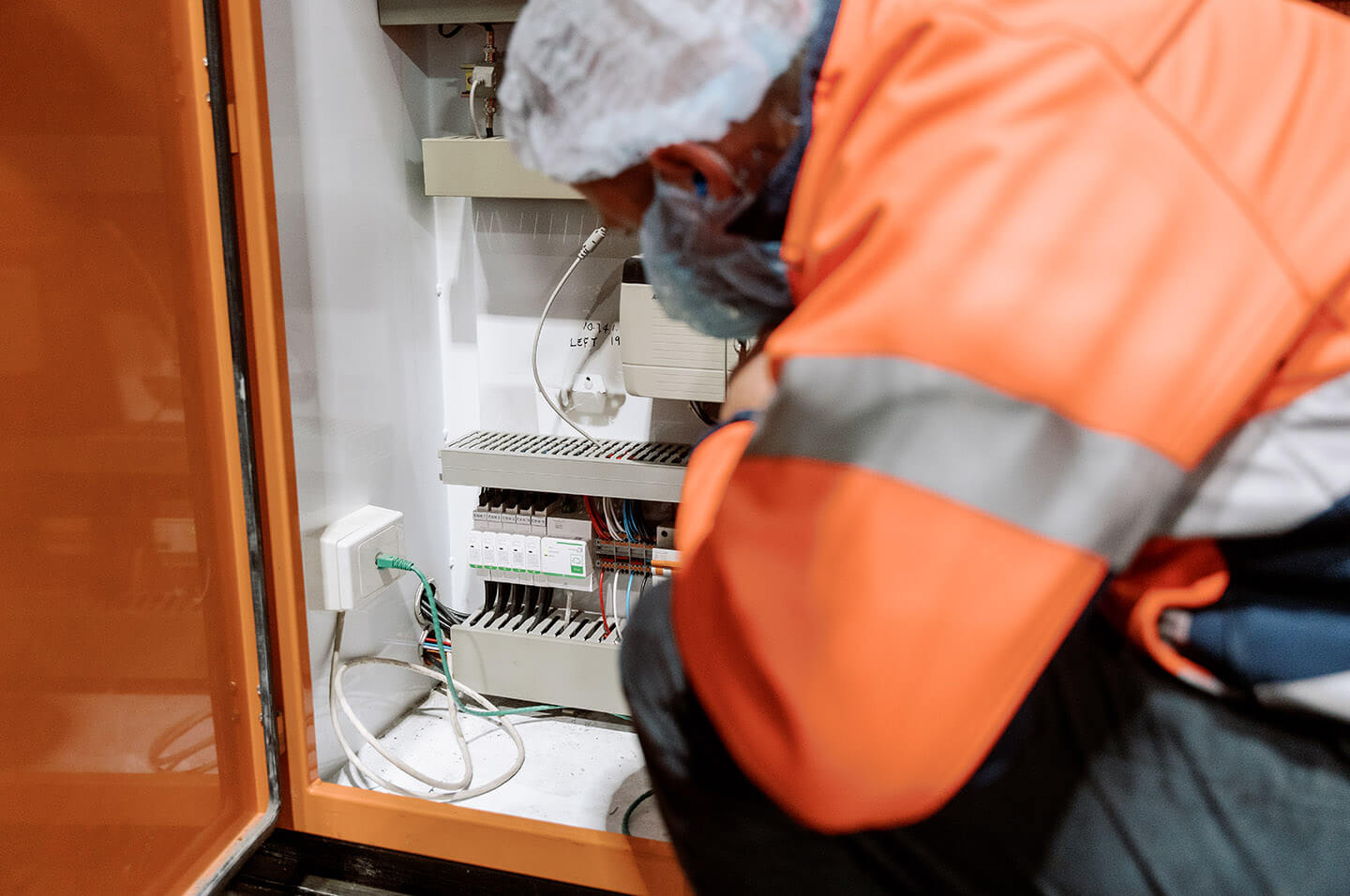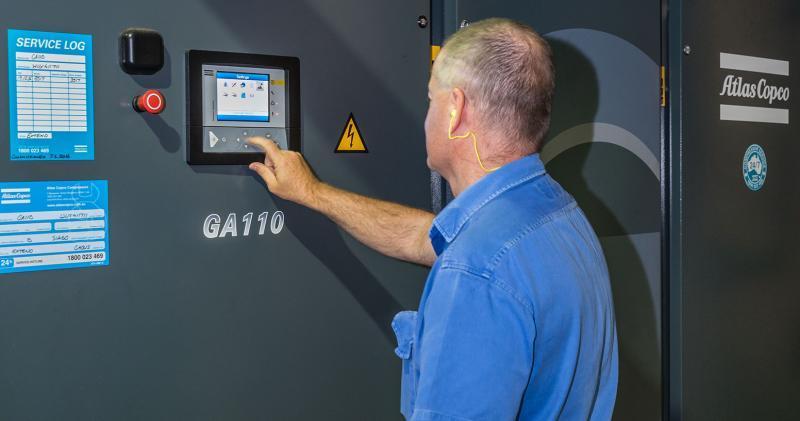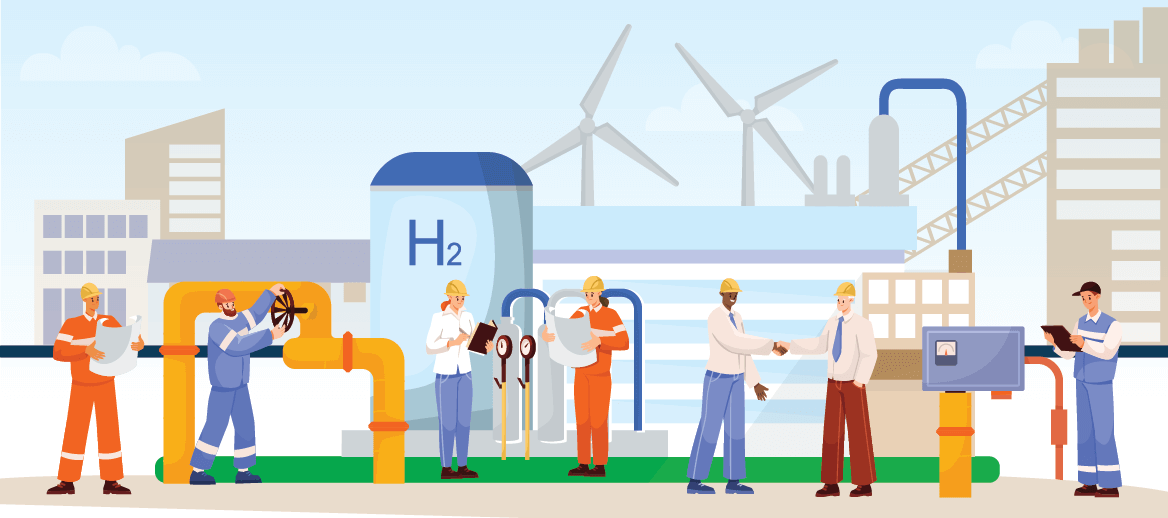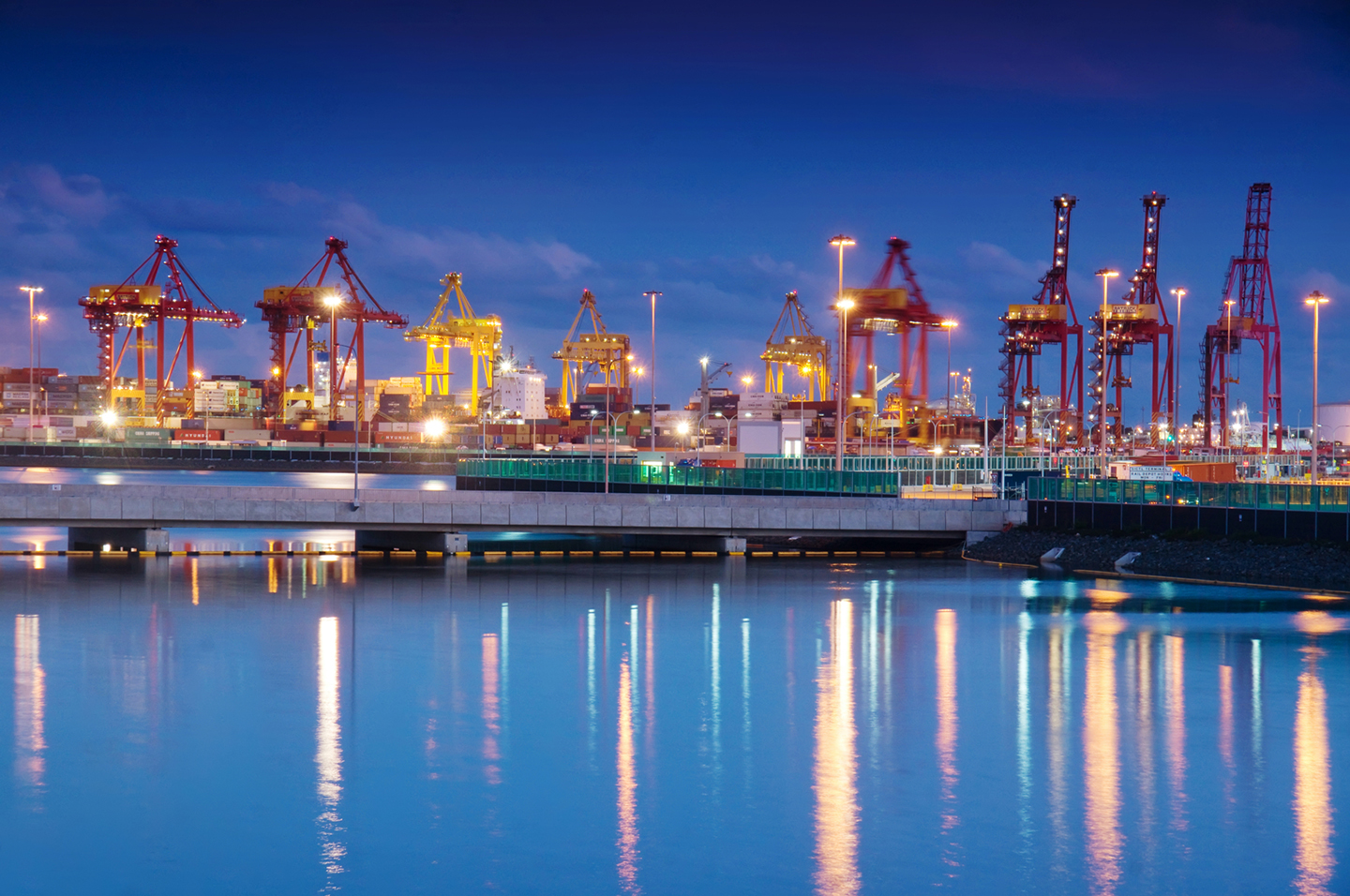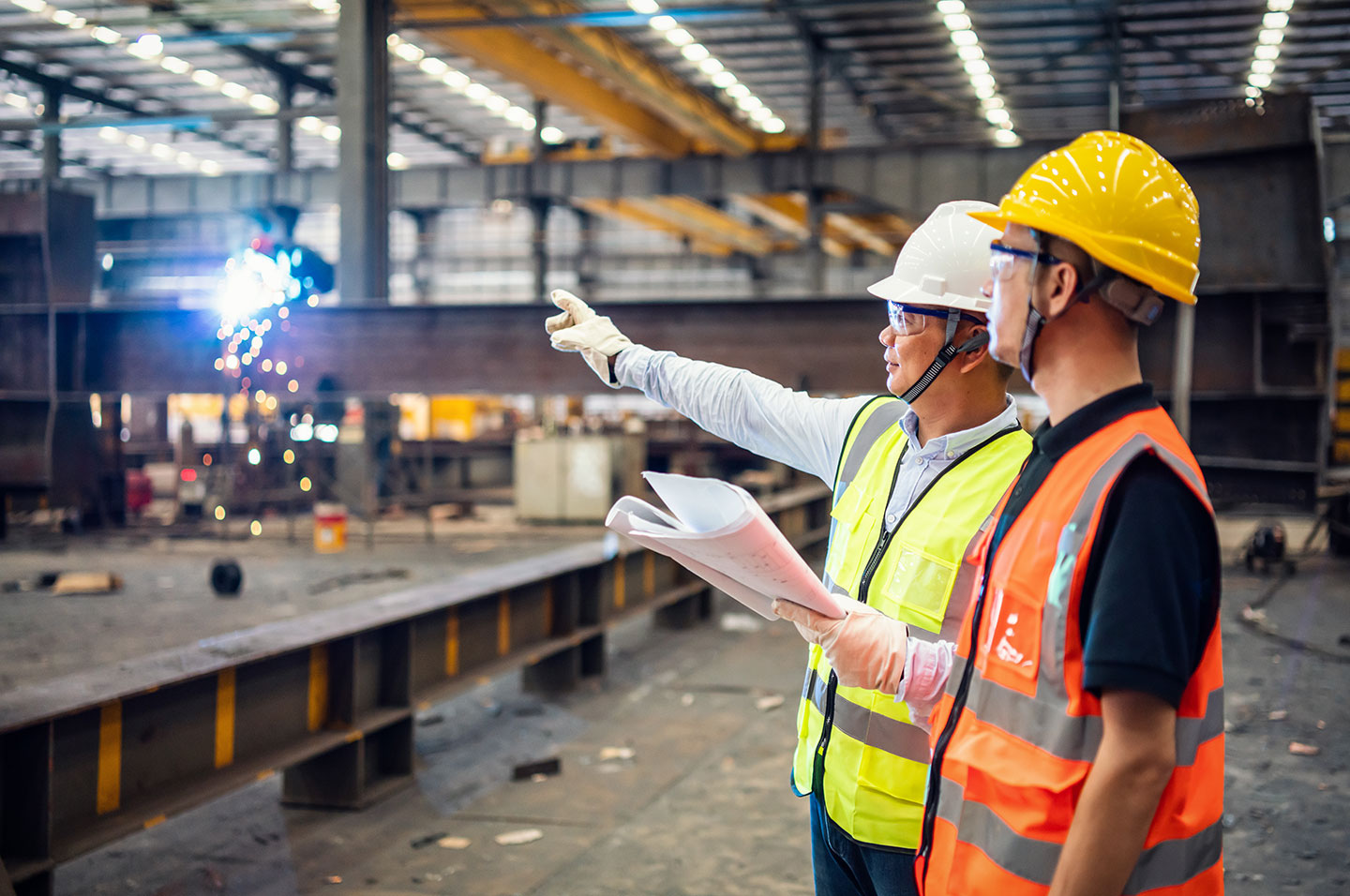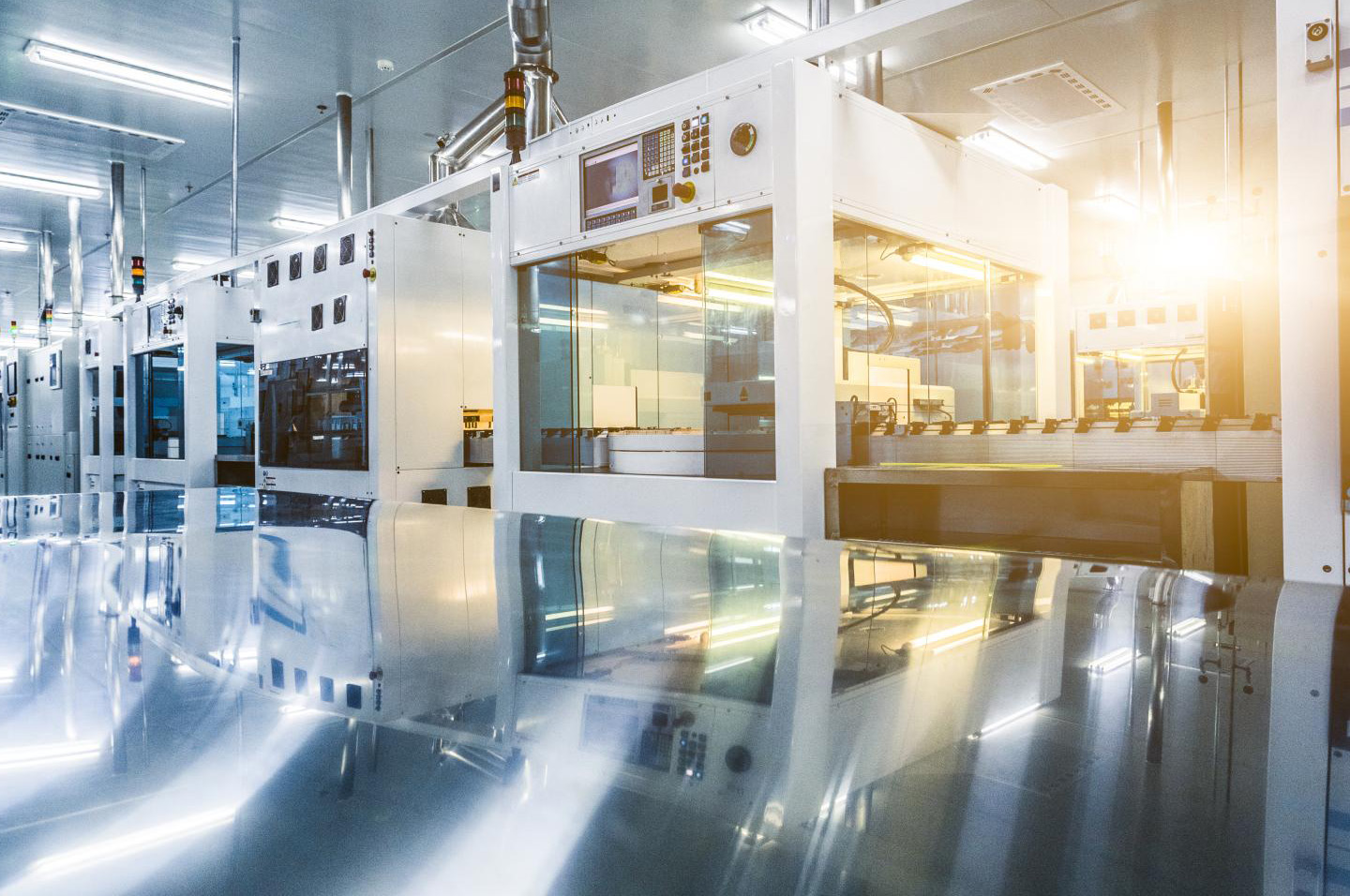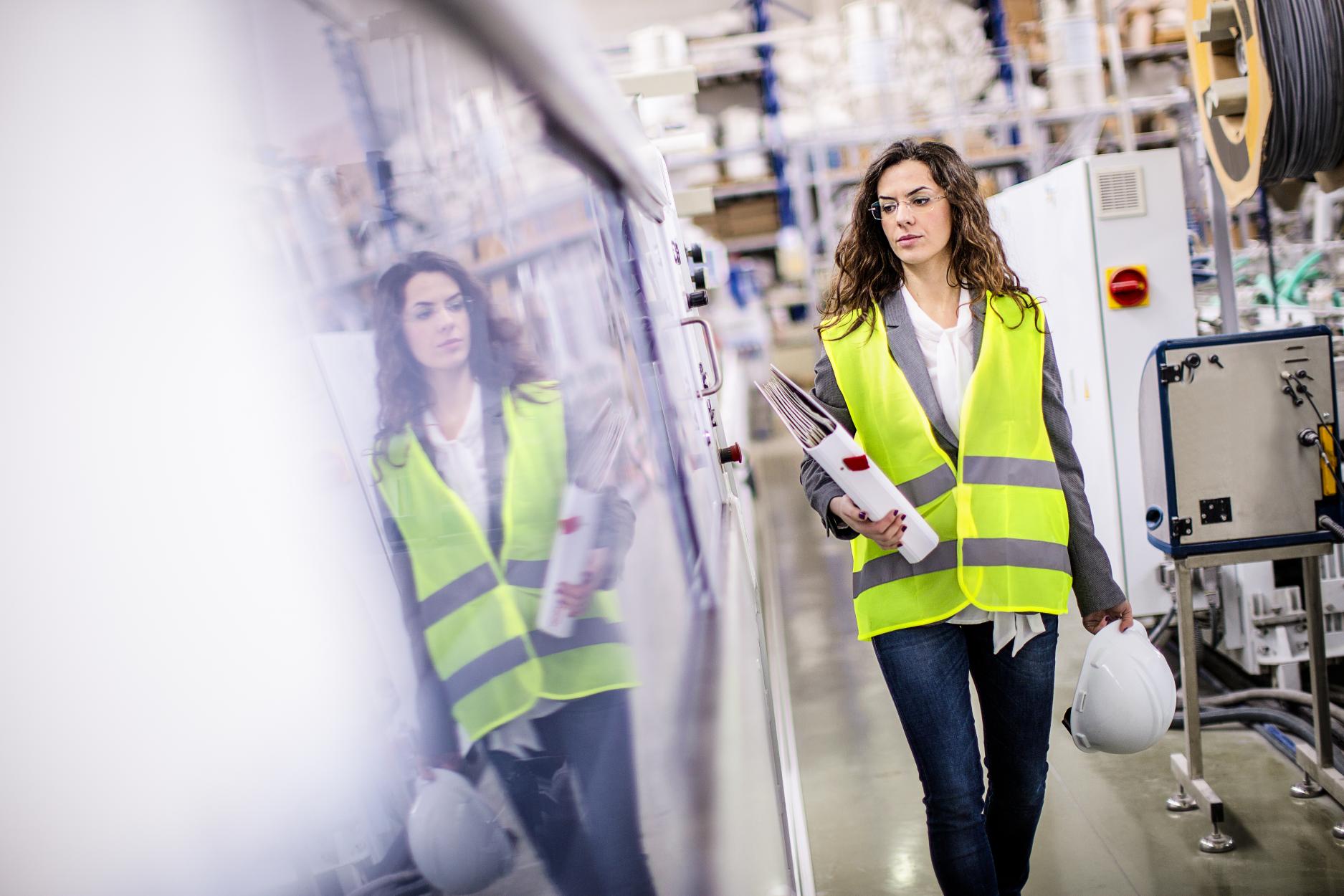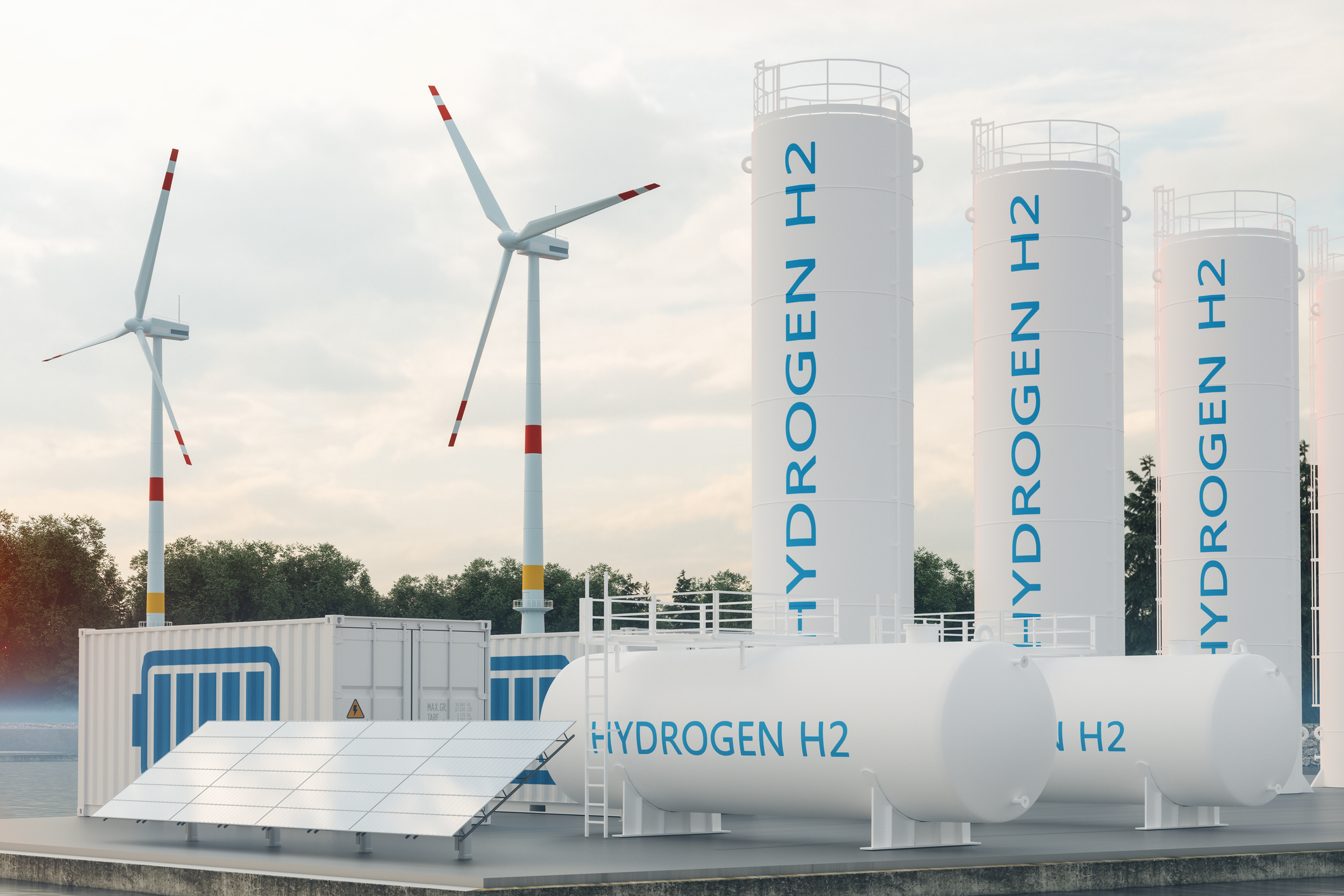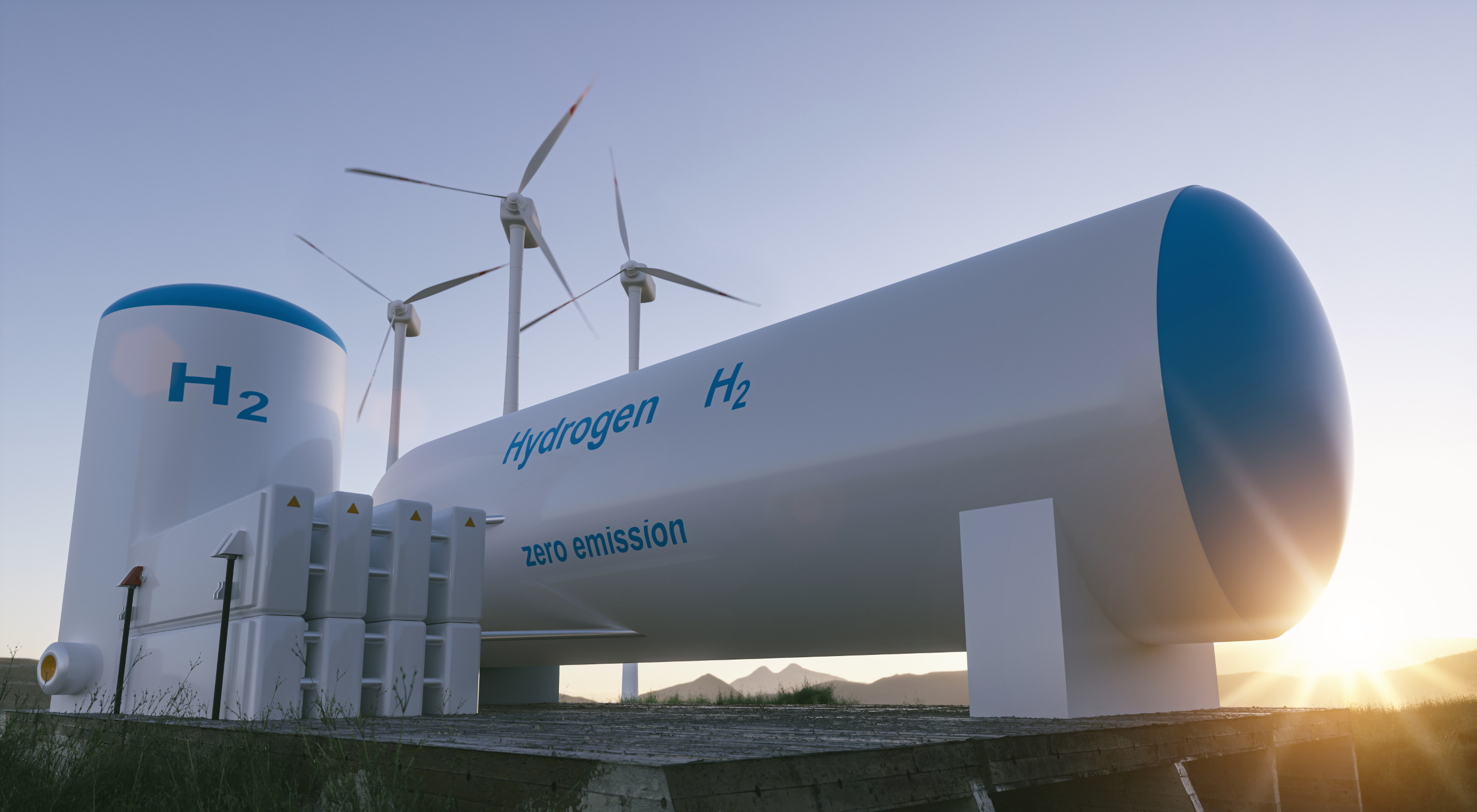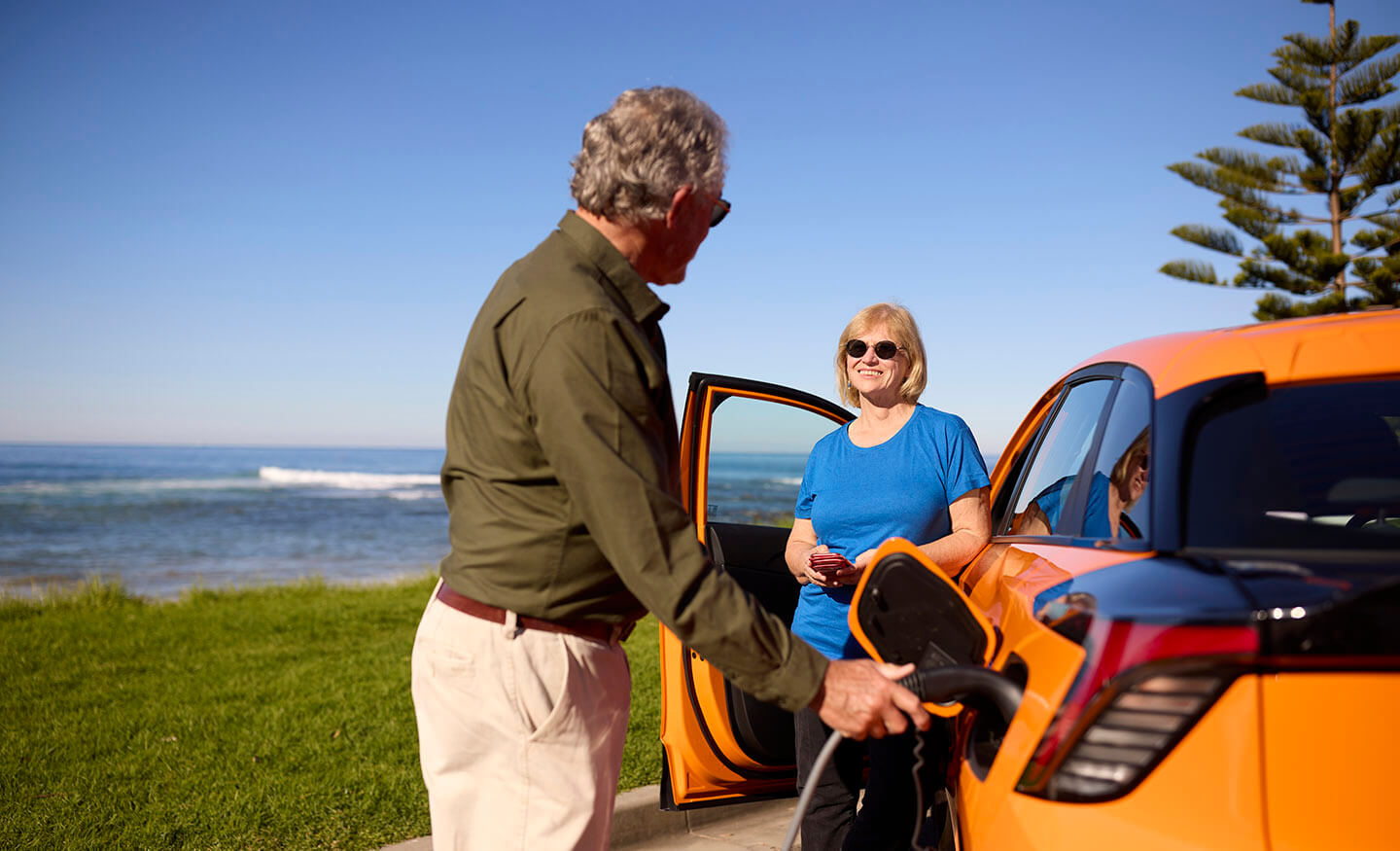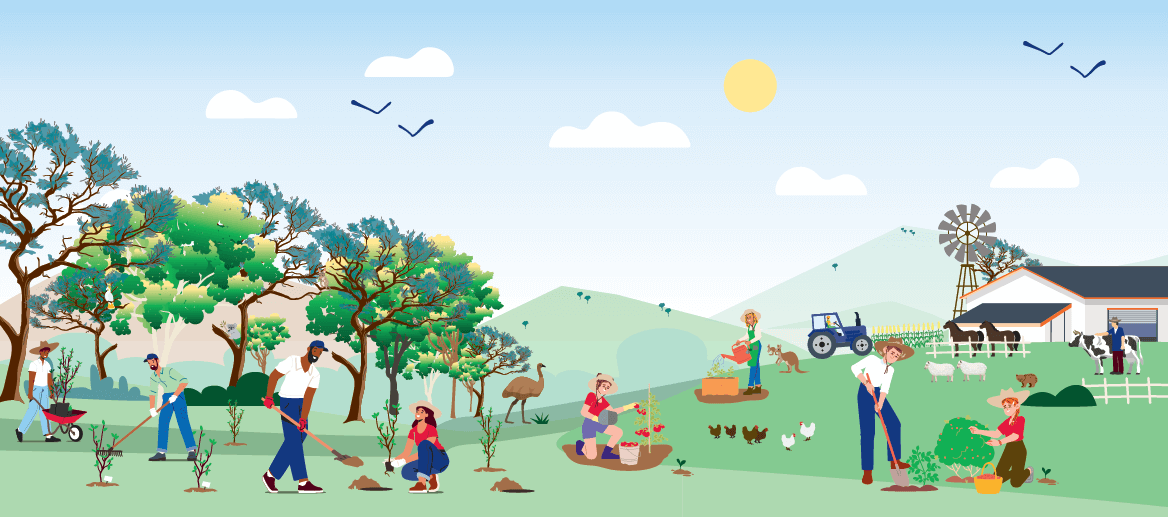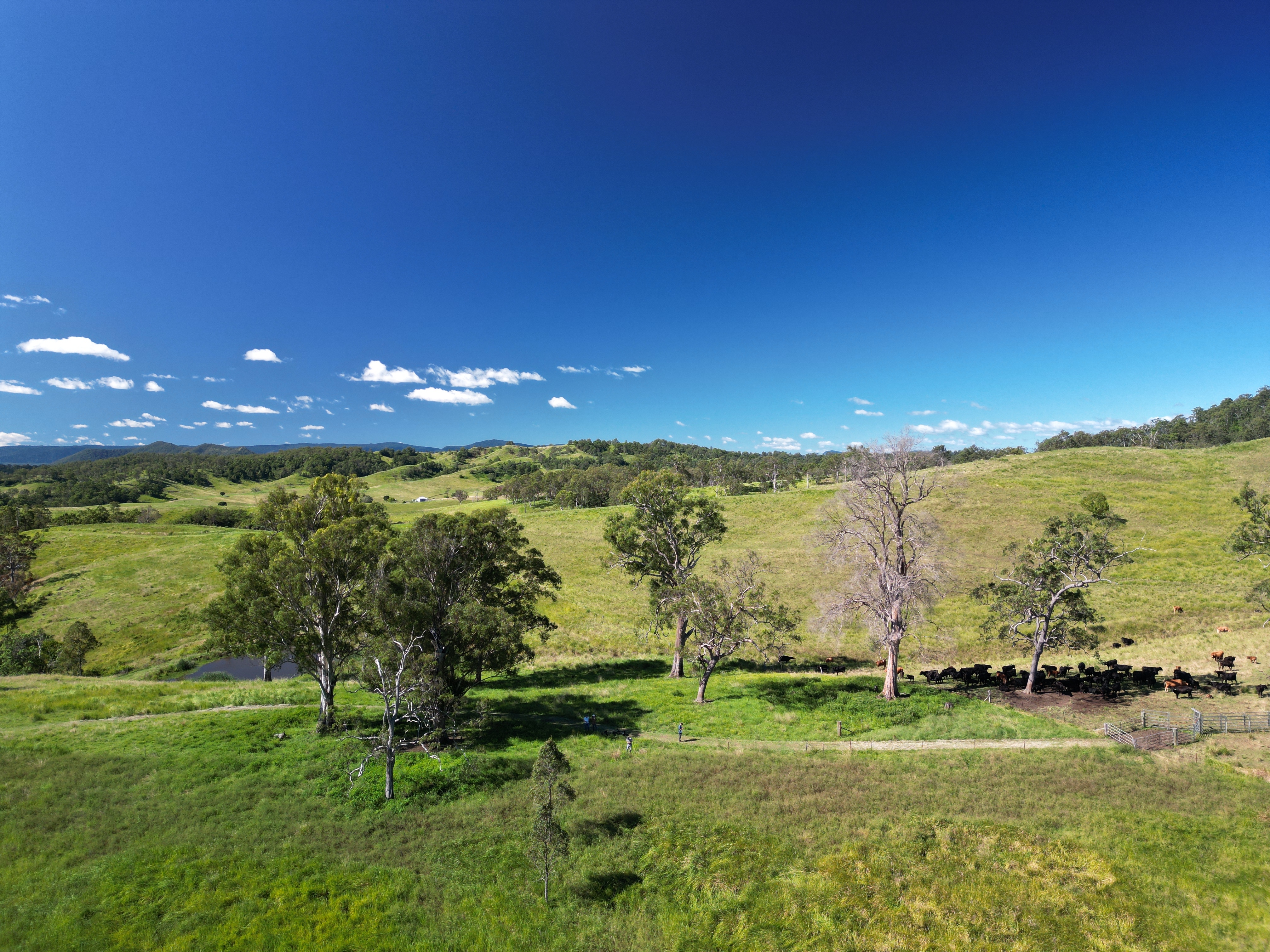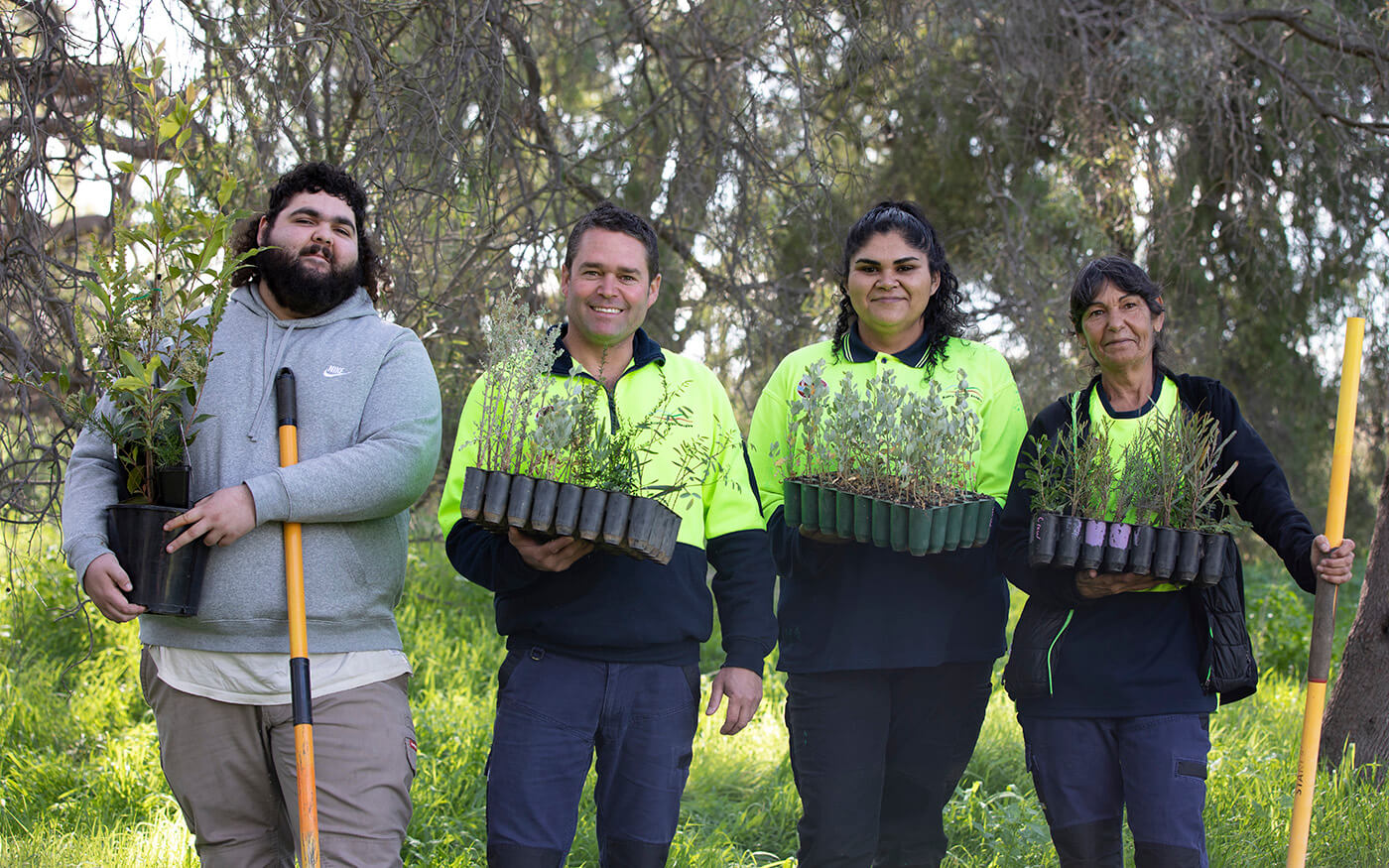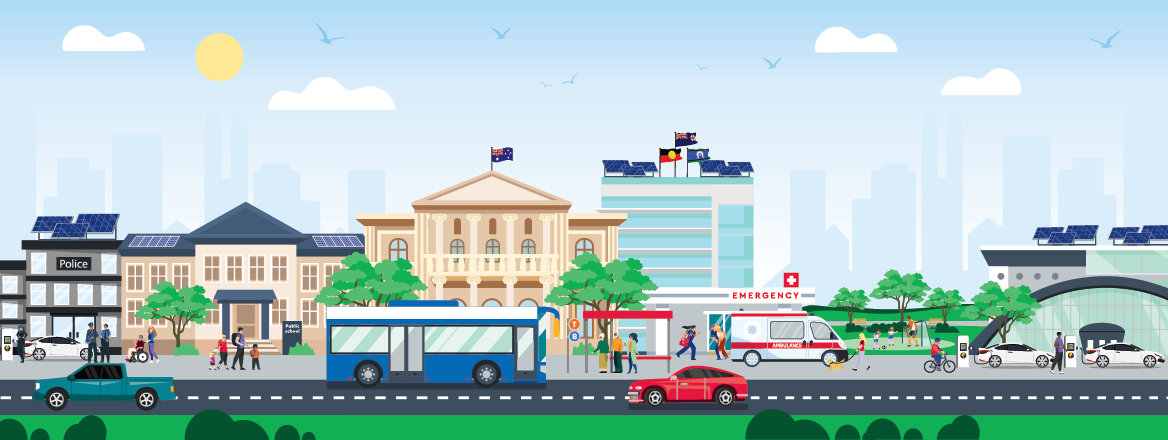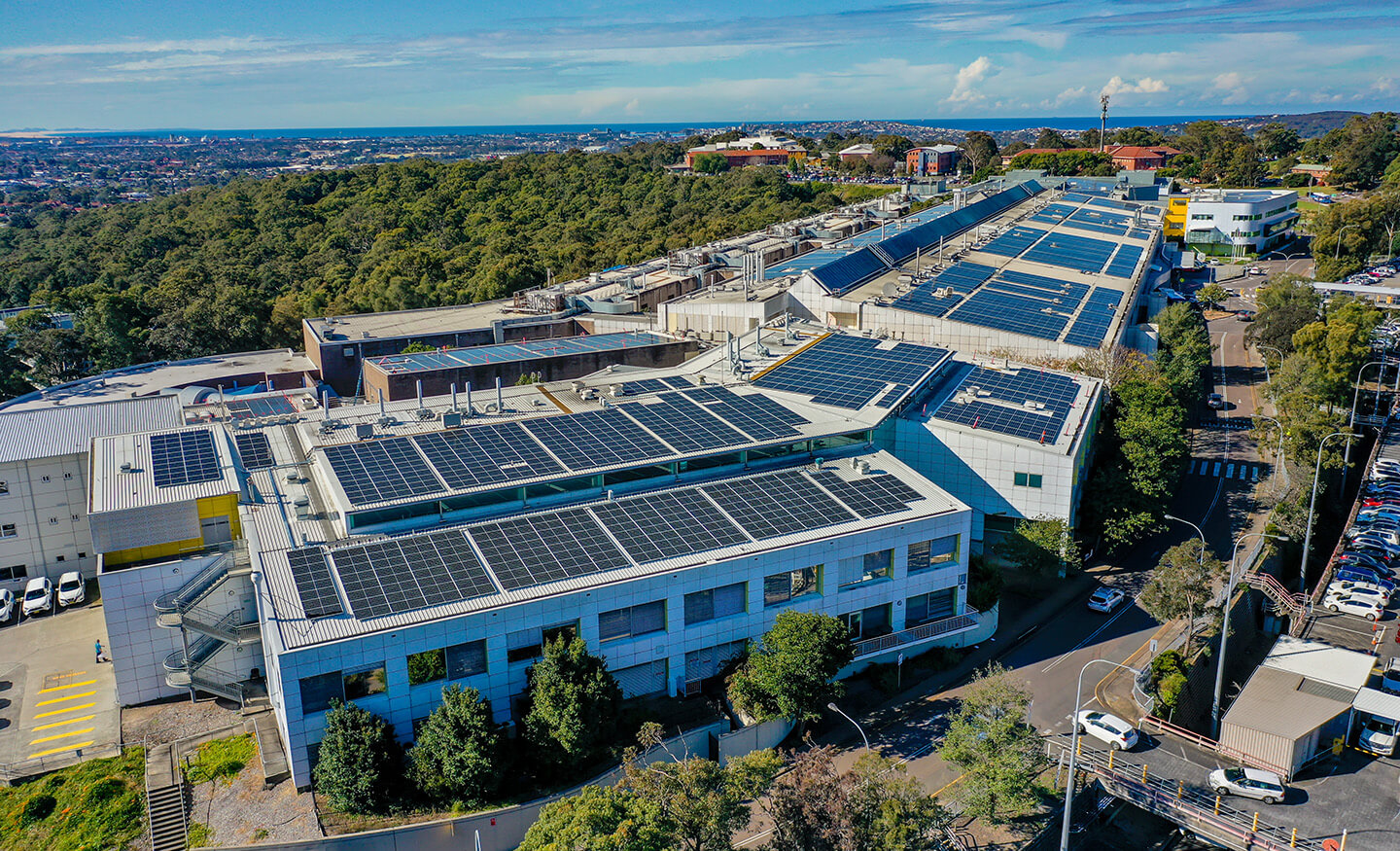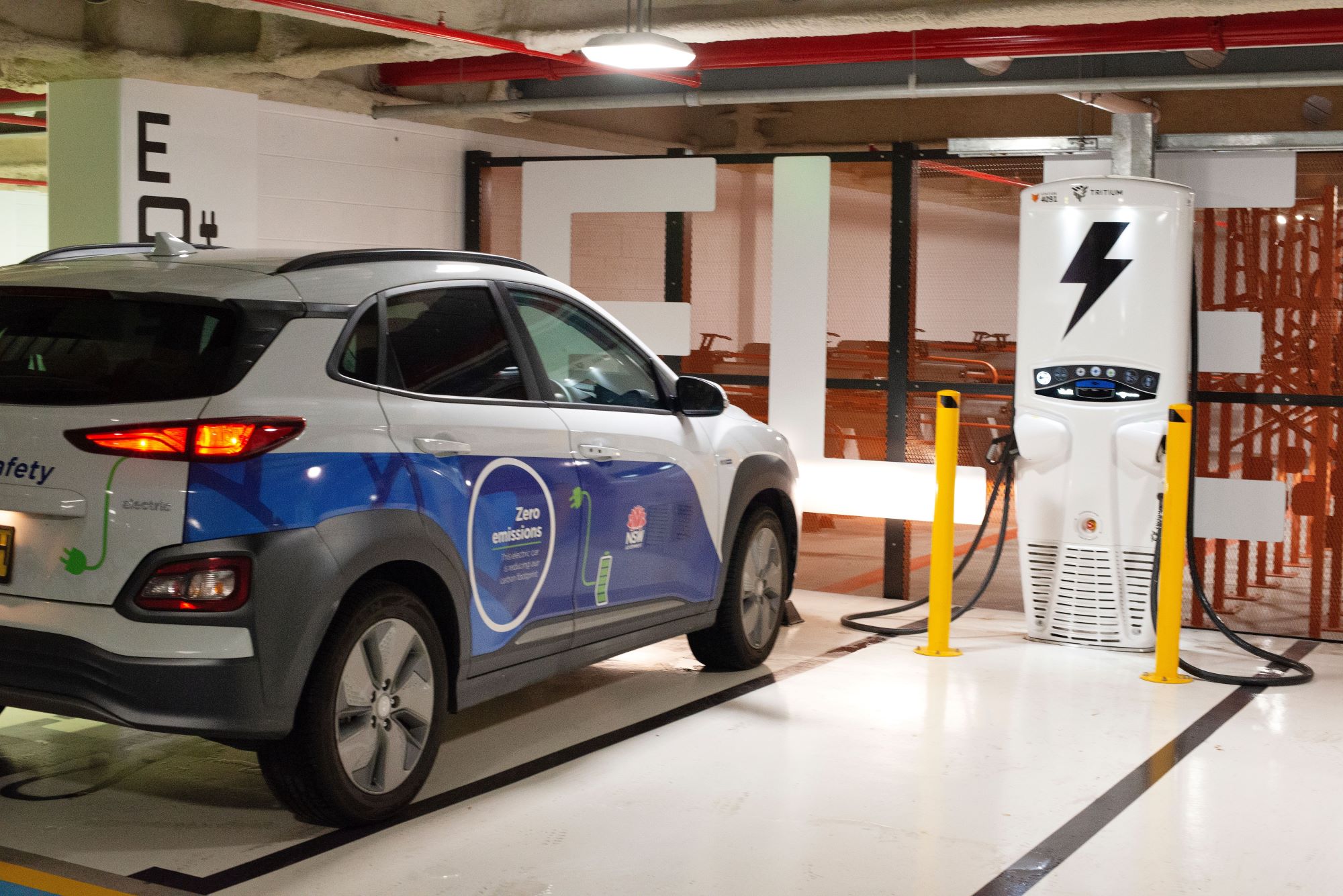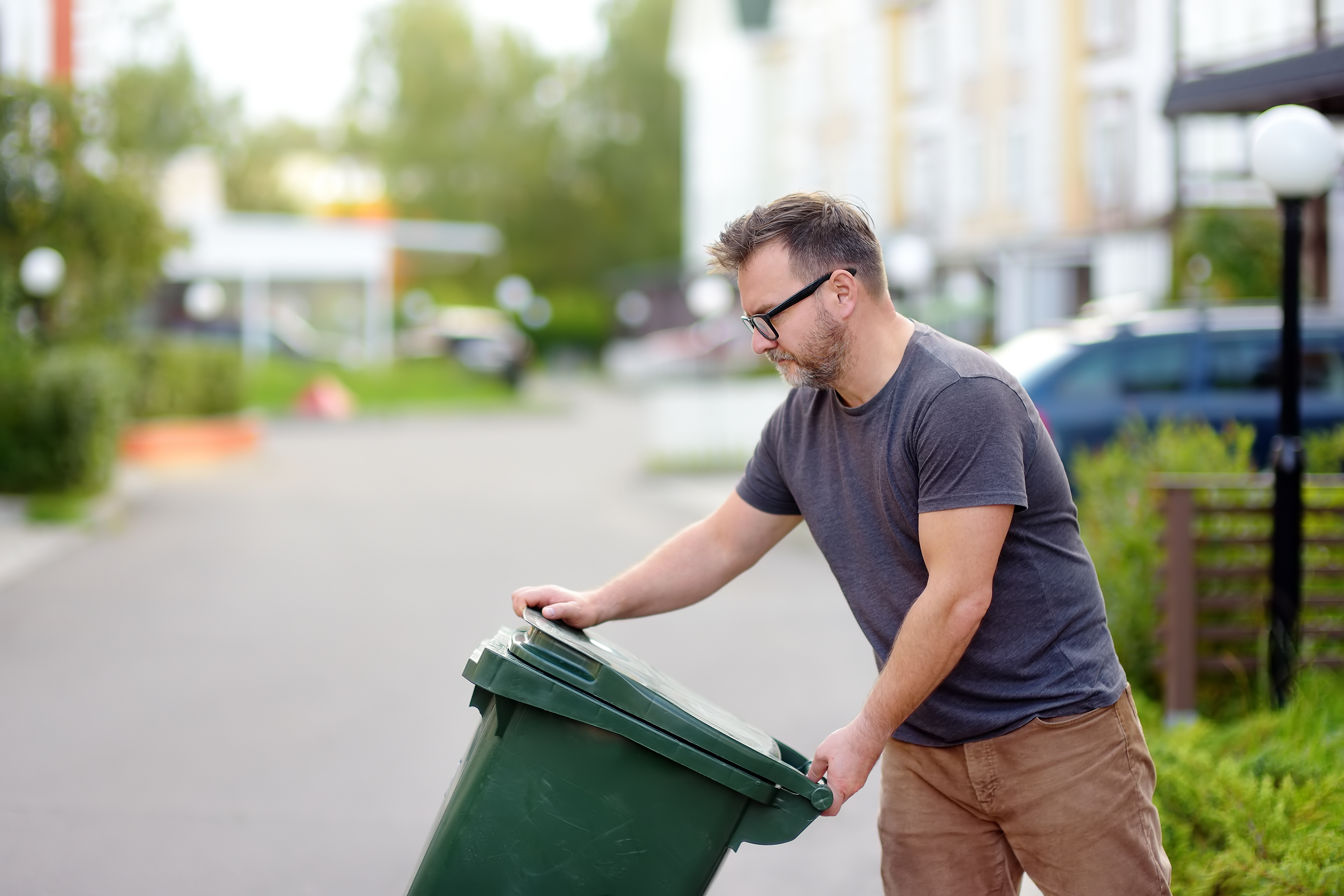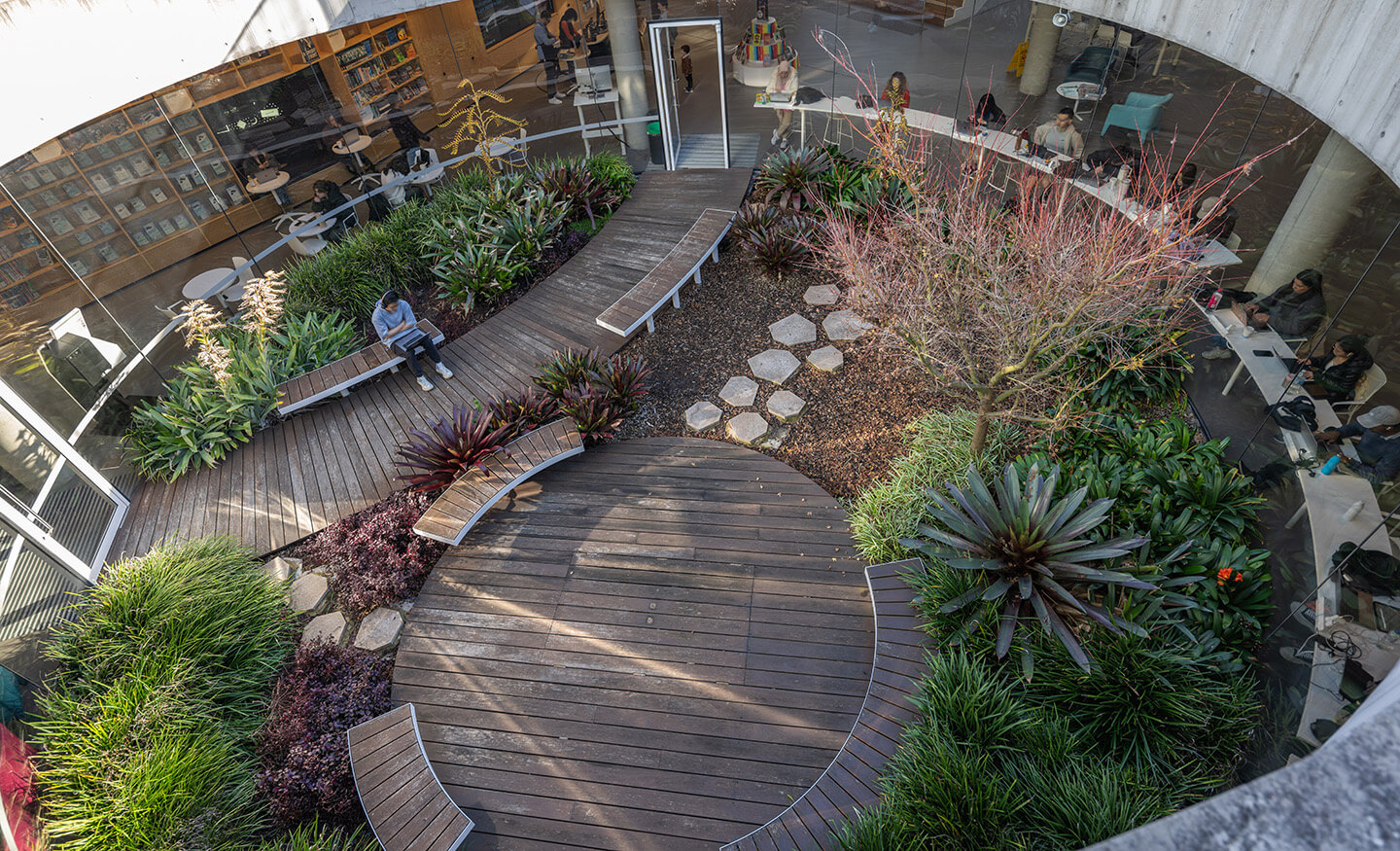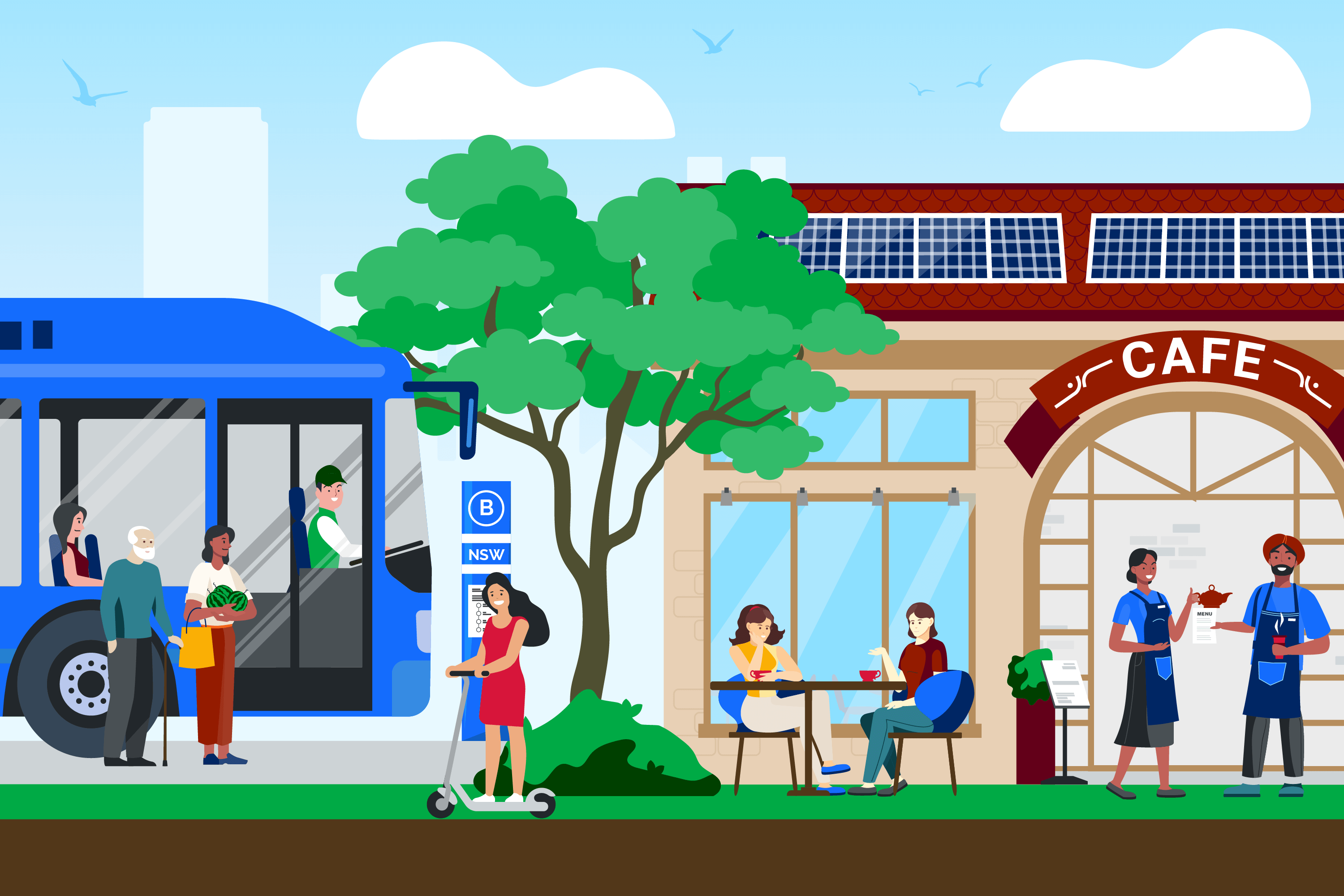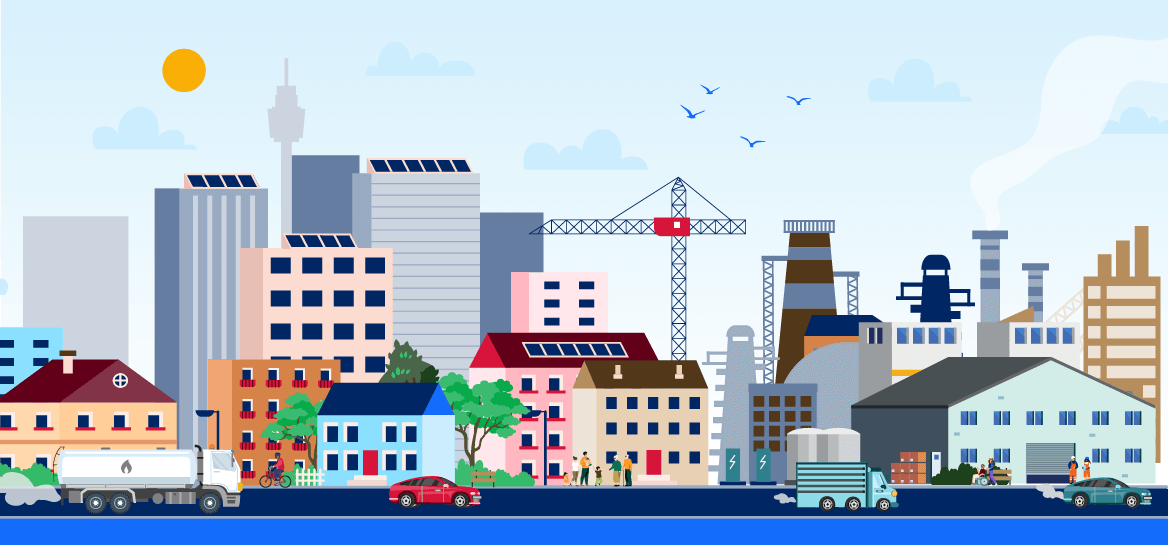Net zero and businesses
The global shift to net zero is well underway. Acting now can help position businesses to reap the benefits of a low carbon future. We want businesses to prosper as we move to net zero. We know it can be hard, even if there are financial rewards at the end. It can take time and money, especially at the outset. But we’re working with business and industry every step of the way.
Fast-tracking clean energy
The energy sector is the largest contributor to greenhouse gas emissions in NSW, accounting for 41% of NSW emissions.
All sectors need a clean energy source to replace fossil fuels and reduce emissions. So, it's critical the NSW Government transforms our energy systems to focus on clean energy that is affordable and reliable now and into the future.
An all-of-government effort is underway to make sure NSW has enough renewable energy, transmission, and storage to meet the energy needs of every household, school, hospital, farm and business across the state.
How we can help businesses manage energy
We provide practical steps to help businesses understand their energy use. We establish the frameworks that will help businesses shift to net zero and maintain profitability.
Read how we’re helping businesses make simple low-cost improvements and take practical steps to shift towards net zero emissions.
You can’t manage, what you don’t measure. Our metering and monitoring program helps businesses understand their energy use to see how they can reduce costs and emissions.
Businesses can access a range of energy savings through the Energy Security Safeguard to help upgrade existing appliances and equipment or purchase new ones for your business.
Investing in innovation and technology
Working with industry
Decarbonising industry is a global challenge. But alternative mining and manufacturing processes depend on having affordable, reliable, clean energy, renewable fuels, supporting infrastructure and skilled leaders and staff.
Through a clear, consistent and whole-of-government approach, we’re building an economy fit for the future – one that is productive, sustainable and resilient.
Funding new technology and training will help make NSW a clean energy superpower, create jobs and investment and stimulate huge economic growth for businesses and communities to thrive.
We’re working with miners and manufacturers, clean industry experts and regional partners to help design decarbonisation plans in major industrial centres.
Roughly 30% of NSW emissions come from 55 industrial facilities in the manufacturing and mining sectors. We’re helping these industries reduce their emissions and strengthen their resilience in the future.
Net Zero Manufacturing is helping NSW businesses and industries lead the net zero transition by increasing their competitiveness, attracting investment and opening new growth opportunities.
Read how we're helping NSW's brightest minds make innovative climate solutions a global reality.
We're working with businesses to train sustainability leaders, develop net zero pathways and accelerate the adoption of sustainable practices.
We're helping businesses build their net zero work force by supporting paid internships at workplaces.
Transforming transport
The transport sector is currently the state’s second largest source of CO2 emissions and is predicted to become the state’s leading source by 2035. Transport will be a key focus area in the new Net Zero Plan.
Targeting transport
The NSW Government has numerous incentives to make NSW the easiest place to own and operate electric vehicles (EVs). While EVs remain an important tactic to reduce emissions, the Government continues to encourage people to leave their cars at home by planning transport hubs around housing making public transport a better option. Recent progress includes the Sydney Metro and a commitment to net zero buses.
Transitioning freight is also vital, if we're to move an increasing volume of goods while improving sustainability and community well-being.
Access to charging and refuelling infrastructure remains a global challenge to net zero freight. We are working with industry to explore solutions for alternative fuels for heavy vehicles, aviation and shipping.
We’re working with industry to develop a thriving green hydrogen industry in NSW.
We're releasing a new Renewable Fuels Strategy that will help replace fossil fuels with sustainable, long-term fuel options.
We're helping NSW businesses switch to electric vehicles by improving charging infrastructure and providing financial incentives.
Jorge Aroche, STARTTS CEO speaking:
Like many ideas in business, you have to lead from the front in its implementation.
STARTTS has been around since 1988. It has been set up to provide services to people that have survived torture, but also other traumatic things that happened in the context of the refugee journey.
Many of the services that STARTTS provides mean bringing people together.
The fleet is an integral part of our capacity, to provide the services. We run groups, we have different kinds of activities.
Day to day we travel between different locations to see clients, and also to deliver, group works and training. So most of the time I'm on the road.
Once we began to see the first electric cars, we realised that there were other cost benefits.
Clearly there’s establishment costs, but, you know, we identified that over time. there would be a net surplus in terms of that relationship. How much they’re spending on the fleet, they will find a huge difference for the running cost of the vehicle.
Every business is part of the social fabric of our society. And therefore, should, you know, play that role in a responsible way.
And I think ensuring that we minimise our footprint is a responsible way of running a business.
The other part is the cost imperative. The savings in petrol, the savings in maintenance over time, even in administration, are substantial.
Like many ideas in business, you have to lead from the front in its implementation.
I think the incentive has been crucial. It made it easier to get the cars. Basically, it reduced the difference between getting a new, petrol car and changing to electric.
It also made possible the installation of chargers, which is again a crucial factor.
What I see certainly as a very important role that government can play in ensuring that we move to ways of transport that impact less on our environment and contribute to the common good.
I don't think I can drive a petrol car again. I love my EV!
While the incentive is there, it’s a fantastic way to get into electric cars.
I think electric cars are part of the future.
I would recommend wholeheartedly that you go for it and you take advantage of the incentive.
Helping primary industries reduce emissions
Practices that reduce or store carbon have added benefits. By integrating carbon abatement into farm business, farmers can increase drought resilience and biodiversity, improving soil quality and productivity.
While there’s often attention paid to how much emissions farms produce, land use and land management are also key ways to help balance emissions with carbon positive activities. Land use and forestry reduce total emissions in NSW by about 20% each year.
My name is Shaun Tamplin. Welcome to my property here
at Bunyah, located just south of Taree on the beautiful mid-north coast of New South Wales.
The first day we arrived here to look at it, we got the sea breeze. The nor'easter came through, and we thought, yeah, this will do us. Yeah, yeah.
Overall, we've got 270 hectares of land here. About half of that is used for grazing
and the other half is dedicated to forestry, either for the carbon plantation
or as a private native forest area.
Today we have a planting team on site, and we've commenced planting for the autumn period and currently we have about a thousand trees in the ground with another 39,000 trees to go.
I guess one of the things that really interests me is future proofing this property.
The reason why engaged in the carbon project is we wanted to expand our conservation efforts and improve the koala habitat in this area.
But we also wanted an alternative income stream that would allow us to basically continue managing this place, in a productive manner.
And when we've done the numbers, we've found that actually the carbon pays better than the cattle, particularly on those marginal lands that are less productive than more highly productive areas.
And you also get all those added conservation benefits that you can embrace into the future, so it's a win win.
The other thing is there's a huge amount of support at the moment. We've had the NSW Government Living Carbon team provide a grant for basically for planting and purchase of plants, which has been amazing.
And we've also had a lot of other partners as well, such as Mid Coast Council.
There’s support in planning, and also basically support in navigating the bureaucratic challenges that occur.
And that's been really, really useful for us.
It's actually a relatively low amount of maintenance into the future.
I have four children, it means that they can have an income stream from this property once I'm gone, that will not require a lot of input by themselves. And hopefully that might encourage them to hold onto the property in the family in the future.
Read how we’re helping farmers and primary producers benefit from carbon projects through enhanced biodiversity, increased productivity, increased community resilience, and Aboriginal cultural co-benefits.
Read how we’re helping First Nations groups to develop carbon projects that will care for Country, protect cultural heritage and provide jobs.
NSW Government leading by example
Net zero is a whole-of-government priority and we're embedding climate change into government decision-making.
By leading by example and using our purchasing power, we can help create confidence in low emissions services and products.
We also support local government by providing resources to help them reach net zero. Like the state government, councils play an important leadership role through their connection to local communities.
We’re helping government agencies shift to net zero emissions, improve their resource efficiency and reduce operational costs.
Councils can reduce emissions through their own activities and the essential services they provide local communities.
The NSW Government is revolutionising how we buy, use and reuse materials. This will help us get more out of our resources and reach net zero.
There is only one way we will reach net zero … together.
Businesses and individuals across NSW are sharing their stories of how they’re helping NSW reach net zero.
Be inspired by their stories and share yours.
